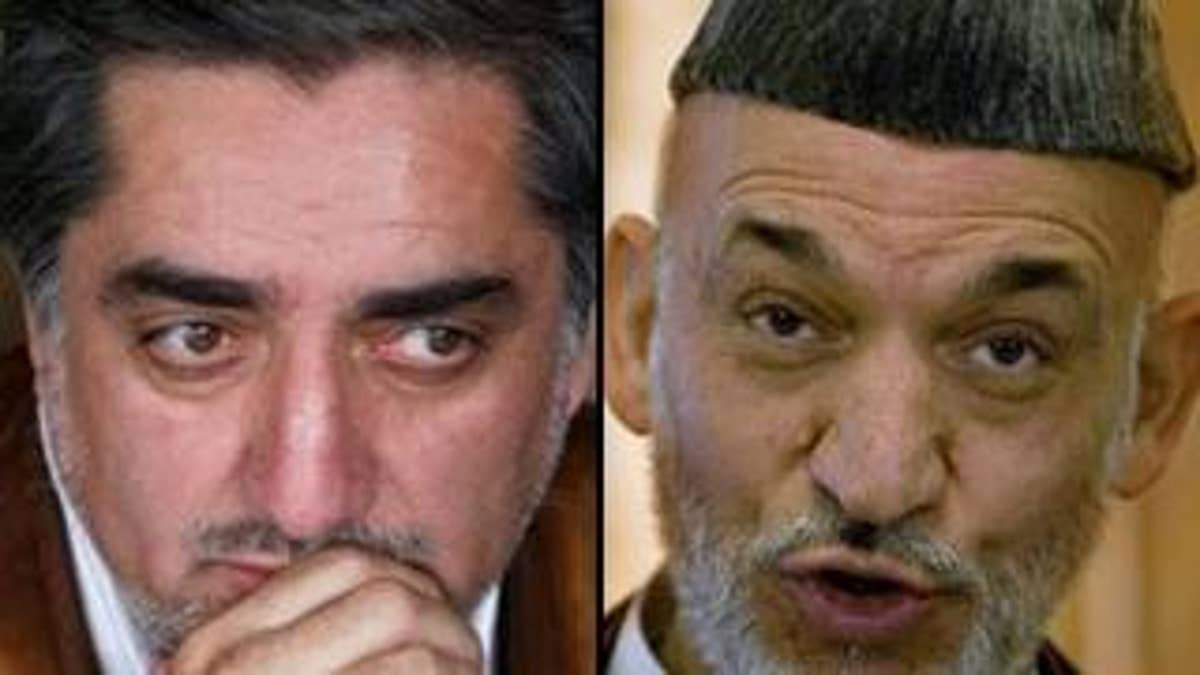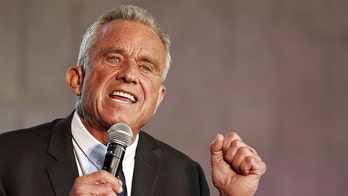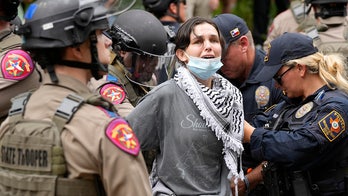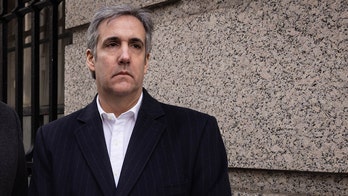
It would be irresponsible to send more troops to Afghanistan until a legitimate and credible government is in place, the White House and top Democrats said Sunday.
White House chief of staff Rahm Emanuel said the most critical issue facing U.S. strategy is whether the Afghans can be an effective partner in destroying Al Qaeda safe havens and bringing stability to the region.
"It would be reckless to make a decision on U.S. troop levels if in fact you haven't done a thorough analysis of whether in fact there's an Afghan partner ready to fill that space that U.S. troops would create and become a true partner in governing," Emanuel said in an interview Sunday on CNN's "State of the Union."
Emanuel stressed that the central question is "not how much troops you have but whether in fact there's an Afghan partner."
As the White House faces mounting pressure in implementing a viable strategy in the 8-year-old war, the outcome of Afghanistan's Aug. 20 presidential election remains in question because of reported ballot fraud. Afghan President Hamid Karzai declared victory, but a runoff election with his closest challenger is now a possibility.
Senate Foreign Relations Committee Chairman Sen. John Kerry, D-Mass., reiterated the need for a clear commitment from the Afghans before Obama agrees to send more U.S. troops.
"It would be entirely irresponsible for the president of the United States to commit more troops to this country when we don't even have an election finished and know who the president is and what kind of government we're working with," Kerry told CNN.
Kerry said Obama and key White House advisers must assess what the Afghan government will be able to deliver and how they are able to assist "with respect to their army" before the president decides to send additional troops to fight.
Kerry dismissed criticism that Obama's deliberations on additional troops is a sign of indecision or weakness.
"I think this is being approached in an entirely responsible way," he said. "General McChrystal told me that even if the commander in chief made the decision tomorrow to put those troops in here, many of them wouldn't even begin to start to flow here until next year because that's the way it works."
A troop surge remains a thorny issue in Congress, as lawmakers spar over the need for additional troops and U.S. casualties continue to mount. General Stanley McChrystal, the top U.S. commander on the ground, said in a report leaked to The Washington Post that thousands of additional troops were needed to achieve success -- while others, like Vice President Biden, have said the U.S. should shift its focus to Pakistan.
Defense Secretary Robert Gates, meanwhile, is undertaking the tricky task of convincing allies to remain committed to the war. Gates himself is undecided -- at least publicly -- on whether to order more forces to fight the Taliban in Afghanistan as McChrystal there has requested or to focus more narrowly on Al Qaeda terrorists believed to be hiding in Pakistan.
Emanuel gave no timetable for a presidential decision in Afghanistan. He said the White House plans to have additional strategy sessions this week and next, extending a review process that began after McChrystal requested more troops.
The Associated Press contributed to this report.




